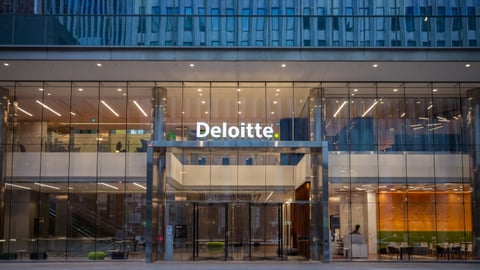B.C. to boost minimum wage to $16.75 an hour, matches 6.9% inflation
British Columbia's minimum wage will increase to $16.75 an hour, a boost that the government says would fulfil a promise to tie the benchmark pay level to inflation.
The new minimum wage is to kick in on June 1, representing a 6.9% increase from the current $15.65 an hour.
Labour Minister Harry Bains said Wednesday (April 6) it is a key step to preventing the province's lowest-paid workers from falling behind.
"These workers and their families feel the impacts of high costs much more than anyone else,'' he said in a news release.
[Read more: “Inflation is easing but Ottawa faces pressure to help those who have fallen behind”]
Bains said the same percentage increase would apply to residential caretakers, live-in home-support workers and camp leaders.
BC Federation of Labour president Sussanne Skidmore said the wage hike was "much-needed.''
"B.C. is one of the most expensive provinces in Canada,'' she said in a statement. "So, it makes sense that we continue to have the highest minimum wage of any province.
"But we still have a lot of work to do to close the gap between the minimum wage and the living wage,'' referring to the amount needed to cover basic expenses.
B.C.'s current minimum wage is the third-highest in the country, behind Yukon's $15.70 and Nunavut's $16.
The government said the wage increase matches B.C.'s 2022 average inflation rate and will benefit about 150,000 workers, most of them food service staff, grocery store workers, retail workers and others who were essential workers during the pandemic.
[Read more: “Leaders share how they’re attracting and retaining talent amid a labour crunch”]
Fiona Famulak, president and CEO of the BC Chamber of Commerce, said the wage increase is the latest of several government decisions in the last 14 months "to have added significantly'' to the cost of doing business in the province.
Famulak said the new minimum wage, the introduction of mandatory five-days paid sick leave and a new statutory holiday may discourage business investment in B.C.
"The BC Chamber of Commerce is extremely disappointed with the government's decision to increase the minimum wage by such a significant amount,'' Famulak said in a release. ``This decision is the wrong choice, at the wrong time.''
Anita Huberman, president of the Surrey Board of Trade, said the increase would lead to "further unsustainable cost increases for businesses.''
"Such a significant increase in minimum wage should have been discussed last year with the business community, especially in the face of other unprecedented increases in taxes and fees from other levels of government,'' she said in a statement.
The $1.10 increase is much greater than the 45-cent boost in 2022, which matched the previous year's 2.8% inflation rate.


